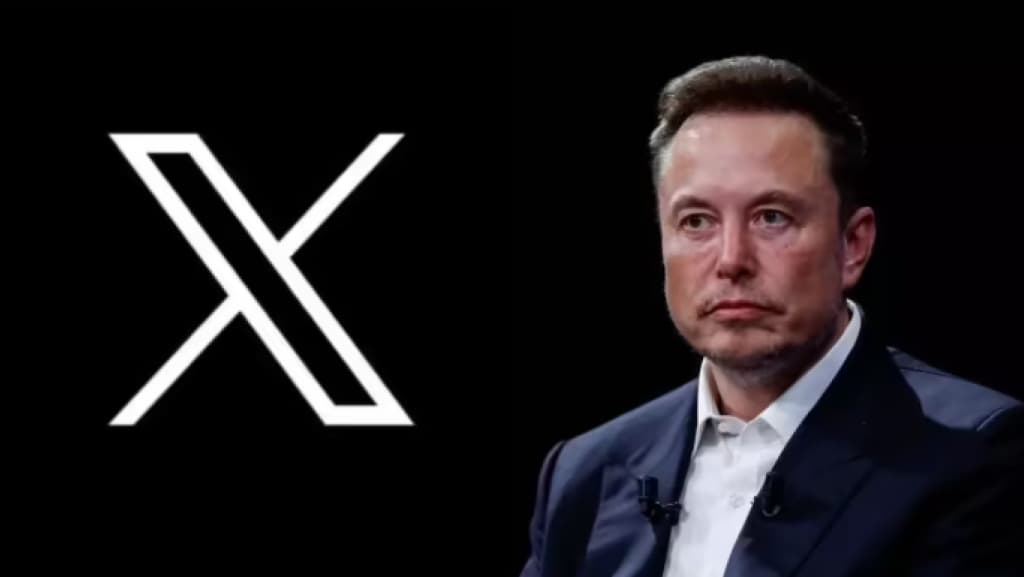
Elon Musk’s X Drags Indian Government to Court Over ‘Arbitrary’ Content Takedown Regime
Karnataka HC hears challenge to Sahyog Portal and IT rules as free speech, platform liability and state censorship clash in digital India.
Elon Musk’s social media platform X Corp (formerly Twitter) has taken the Indian government to court, challenging the legality of content removal orders issued through the government’s Sahyog portal, which the company claims enables arbitrary censorship without due process.
The case, filed in the Karnataka High Court, targets provisions under the Information Technology Act, 2000, particularly Section 79(3)(b) and Rule 3(1)(d) of the IT Rules, 2021. X alleges that these rules allow “countless” government officials to issue takedown orders directly, bypassing procedural safeguards laid down by the Supreme Court in the landmark Shreya Singhal v Union of India ruling of 2015.
Arbitrary Orders and Platform Liability
In court, X’s legal counsel, K.G. Raghavan, criticised the government’s framework as unconstitutional, stating that the current system empowers "every Tom, Dick and Harry" in officialdom to direct content removals. He argued that Section 79 merely concerns intermediary liability and does not, by itself, authorise censorship. Content removal, the company contended, should occur only under Section 69A, which provides for a reasoned order and judicial review.
X cited specific examples of problematic enforcement, such as a takedown notice issued by the Ministry of Railways over a viral video of a woman driving on train tracks. The platform questioned whether such orders, issued by departments without regulatory expertise over content, could be justified.
Centre’s Defence: Regulation, Not Censorship
Solicitor General Tushar Mehta, representing the Union Government, defended the provisions, asserting that they are essential for public safety and the fight against online fraud, impersonation, and misinformation.
He rejected the characterisation of officials as unqualified, stating they were “statutory functionaries” operating under delegated authority. Mehta maintained that intermediaries such as X are not entitled to full constitutional protections under Article 19, as they are corporate entities and not Indian citizens.
The government argued that Sahyog, a portal through which officials can flag allegedly illegal content, was developed in consultation with digital platforms themselves to streamline compliance and ensure swift action.
Constitutional Stakes and Global Attention
The case has sparked widespread attention due to its potential implications for freedom of expression in India’s digital ecosystem. Legal analysts note that the petition hinges on the precedent set by Shreya Singhal, which struck down vague restrictions on speech and demanded procedural fairness in content blocking.
A decision in X’s favour could restrict the government’s ability to issue informal or opaque takedown orders, forcing adherence to formal procedures under Section 69A. However, if the court sides with the government, it may bolster state control over social media and content moderation, especially amid growing concerns over AI-generated misinformation and online safety.
Jurisdictional Challenges
The government also questioned the maintainability of the petition, arguing that foreign companies like X Corp cannot invoke Indian constitutional remedies under Article 226. X, headquartered in the United States, is considered a foreign juristic person without standing to claim fundamental rights in India.
The Karnataka High Court had earlier permitted X to amend its petition to specifically challenge Rule 3(1)(d). Final arguments were heard in late July, with rejoinders expected this month. The court is expected to reserve its judgment soon.
This legal battle comes as Musk’s business ventures, including Starlink and Tesla, seek deeper integration with the Indian market. The outcome could influence not only the future of content regulation in India, but also set a precedent for how democracies navigate the balance between national regulation and platform autonomy in the digital age.
For any enquiries please fill out this form, or contact info@thelawreporters.com Follow The Law Reporters on WhatsApp Channels